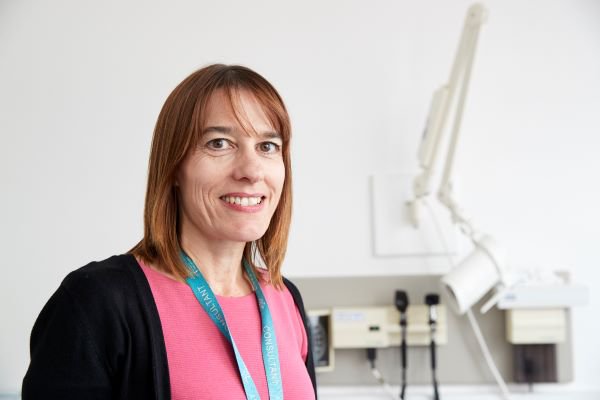A team of experts led by an Addenbrooke’s consultant has warned that a disproportionate number of patients die from breast cancer in low and middle income countries.

Consultant oncologist and University of Cambridge professor Charlotte Coles and her colleagues fear there will be 3m new cases a year worldwide by 2040, with inequality leading to suffering, emotional and financial despair and death.
Professor Coles leads The Lancet Commission, which makes recommendations to tackle urgent challenges and builds on previous evidence, data and patient experiences.
Although progress in research and management has led to a decrease of over 40 per cent in breast cancer mortality in most high-income countries, it is not the same elsewhere and gaps in knowledge prevent effective action.
Professor Coles said:
Recent improvements in breast cancer survival represent a great success of modern medicine. However, we can’t ignore how many patients are being systematically left behind.
Professor Charlotte Coles
Even though 20-30 per cent of patients with early breast cancer experience relapse, it is not recorded by most national cancer registries, meaning the number with metastatic breast cancer is unknown. As a result, feelings of abandonment and isolation are common among those living with the condition.
The Commission calls for every healthcare professional worldwide to receive communication skills training and for patient involvement in all stages of clinical research on breast cancer. It outlines a framework to build rapport and empathy, share information, check understanding, and jointly agree next steps.
Bold policy changes that minimise risk factors like alcohol consumption, being overweight, and physical inactivity, are vital to reduce cancer incidence, suggests the Commission.
Approaches that identify those at increased risk are essential to enable equitable access to personalised prevention strategies, including cheap and effective medications that can avert breast cancer.
The associated costs of breast cancer – including physical, psychological, social, and financial – are immense but under-recognised and uncaptured by current global health metrics. Even in countries with a health care system free at the point of care, patients can incur hidden costs and health-related suffering.
The Commission advocates new tools and metrics that capture costs and guide policymakers on areas such as prevention, early detection, cost-effective therapy, management and other interventions to relieve suffering.
The commission noted that by the end of 2020, 7.8 million women were alive having been diagnosed with breast cancer in the previous five years and progress in research and cancer management has led to a decrease of over 40 per cent in breast cancer mortality in most high-income countries. In the last decade, metastatic breast cancer outcomes have improved considerably and specific subtypes may become curable.
Professor Coles said:
We hope that by highlighting these inequities and hidden costs and suffering in breast cancer, they can be better recognised and addressed by health care professionals and policymakers in partnership with patients and the public around the world.
Professor Charlotte Coles

